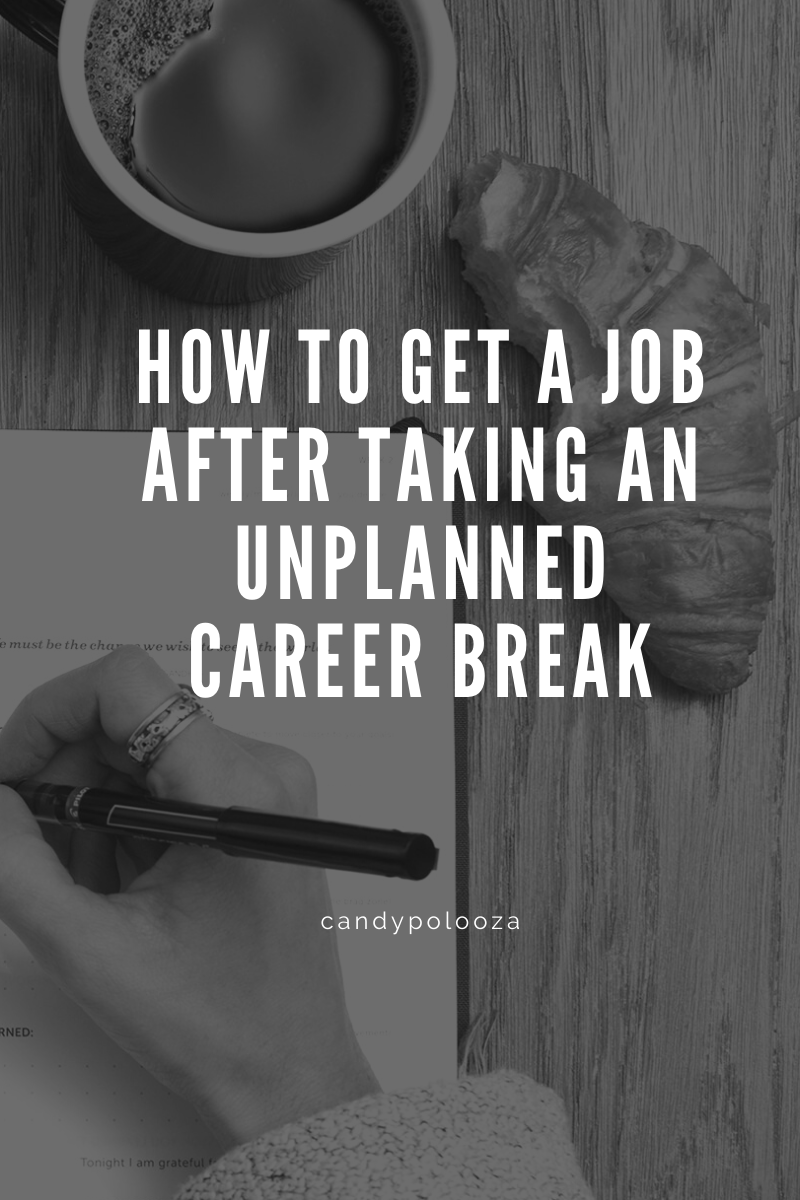Say you took a break to raise your children, care for an aging loved one, or address your health problems. But unfortunately, now you’re out of a job and wondering how to get back on the career track. Here are some tips that will help you plan for success in landing a new position after taking time off from your career. Now don’t think this is just a post for mothers, a lot of fathers are switching roles and staying home while their spouses work full time. These are great tips for all.

Assess Your Qualifications
An essential first step to getting back into the workforce is assessing your skills and how they match up with today’s job market. If there are gaps in your employment history, try not to focus on those but rather promote any qualifications that still match closely with the role you’re applying for.
Many companies will also be more than happy to offer training programs such as a military veteran truck driver program or tuition assistance if needed, which should help ease a return-to-work transition.
You should also think about what skills you’ve developed during that time off and how they can help your career goals. If you took some courses or made any new friends who are experts in different fields, then use them as resources to explore new avenues of work. You might find something completely random but still enjoyable.
Update Your Cv With Any Activities During the Break
If your CV does not include any recent skills or knowledge, this might be an opportunity to add them. Include any relevant activities you have taken part in and can demonstrate transferable skills, such as volunteering, taking a course on LinkedIn, or creating something like a blog post related to the industry.
This is an excellent way to demonstrate your commitment and enthusiasm for the industry. In addition, if you are applying for a role that requires specific skills, this can also help show how knowledgeable you are about the position.
Networking
Yes, it is possible to network your way back into the workforce even if you are not actively looking. It may be time-consuming, but it will pay off when a great opportunity arises. Networking does not mean meeting with people and asking them for a job, rather building relationships for future opportunities. If you ever doubted that networking works, you’ve heard the saying, “It’s all in who you know” can be worth gold. Get out there and network! Meet people so that they can refer you too.
Have Confidence
This is a major life change, so it’s normal to feel nervous. However, you should not let that affect your confidence in what you can do or how good of an employee you will be. You have equal qualifications and skills as someone who has been working for years; all that experience does not go away when taking time off from work. It can help to practice interviewing with family members before going into an actual interview situation where nerves may run high and make it more difficult to speak confidently about yourself. Your family might even give some helpful feedback. That way, if something goes wrong on the spot, you will be more prepared and know how to deal with it.
Conclusion
In conclusion, it is crucial to assess your qualifications, update your CV with any activities during the break, network, and be ready for an interview. Finally, have confidence in yourself. This will help you to gain the trust for a new job.